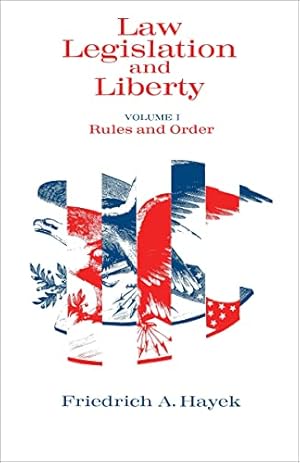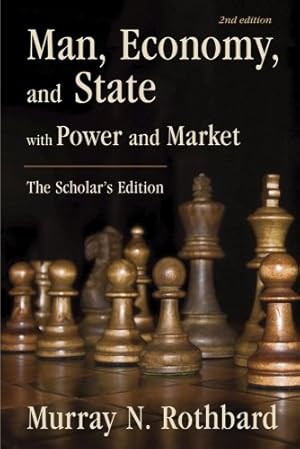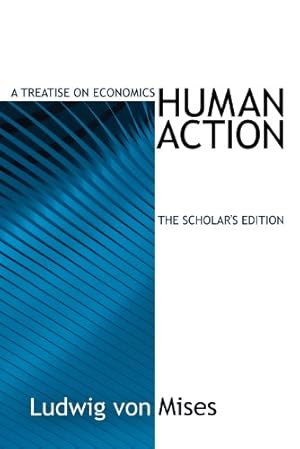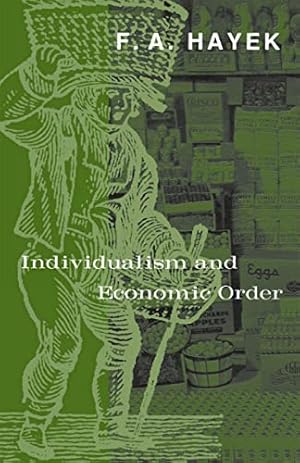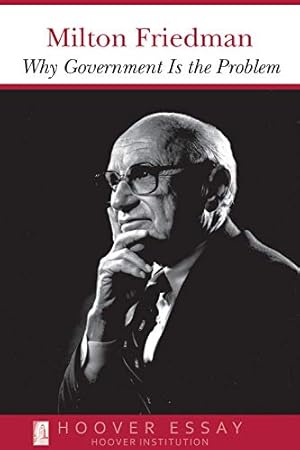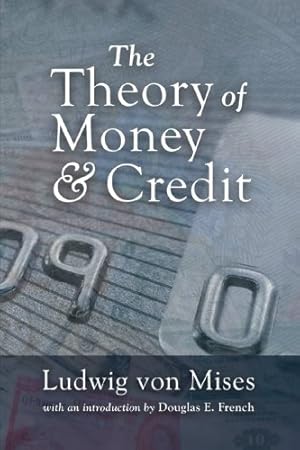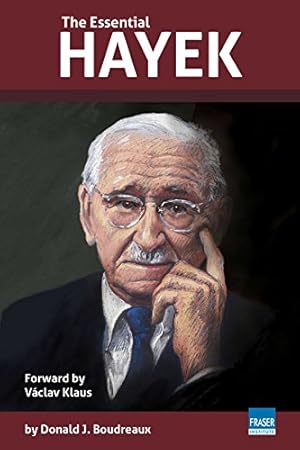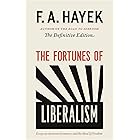Learn more
These promotions will be applied to this item:
Some promotions may be combined; others are not eligible to be combined with other offers. For details, please see the Terms & Conditions associated with these promotions.
- Highlight, take notes, and search in the book
- In this edition, page numbers are just like the physical edition
Your Memberships & Subscriptions

Download the free Kindle app and start reading Kindle books instantly on your smartphone, tablet, or computer - no Kindle device required.
Read instantly on your browser with Kindle for Web.
Using your mobile phone camera - scan the code below and download the Kindle app.

The Trend of Economic Thinking: Essays on Political Economists and Economic History (The Collected Works of F. A. Hayek Book 3) 1st Edition, Kindle Edition
The Iron Curtain has been cast aside. The Berlin Wall has fallen. Germany has been reunited. And F. A. Hayek’s forceful predictions of the inevitable failure of socialism and central economic planning are now rendered irrefutable. Yet Hayek still rightfully cautions us to heed his arguments, warning that “in economics you can never establish a truth once and for all but have always to convince every generation anew.”
The Trend of Economic Thinking captures Hayek’s views on political economists and economic history—on Mandeville, Hume, Cantillon, Adam Smith, and Henry Thornton. Framed by insightful editorial notes, fifteen newly collected essays—including five previously unpublished pieces and two others never before available in English—provide a fascinating introduction to the historical context of political economy and the evolution of monetary practices. In a highlight of the collection, “On Being an Economist,” Hayek reflects on the influence of economists, the time required for new ideas to take hold, the best way to educate economic theorists, and the need to follow one’s own interests, often in opposition to fashionable beliefs. As always, the words of this outspoken scholar are sure to provoke debate.
“Hayek, awarded the Nobel Memorial Prize in Economic Sciences in 1974, was a pioneer in monetary theory and one of the principal proponents of the libertarian philosophy . . . The essays, supplemented by editorial notes, provide an introduction to the historical context of political economy in Britain and the evolution of monetary practices.” —Reference & Research Book News
- ISBN-13978-0226321363
- Edition1st
- PublisherThe University of Chicago Press
- Publication dateDecember 1, 2012
- LanguageEnglish
- File size2.7 MB
Kindle E-Readers
- Kindle Paperwhite
- Kindle Touch
- Kindle Oasis (9th Generation)
- Kindle (11th Generation, 2024 Release)
- Kindle Paperwhite (10th Generation)
- Kindle Oasis
- Kindle Paperwhite (11th Generation)
- All new Kindle paperwhite
- Kindle Scribe (1st Generation)
- Kindle Paperwhite (5th Generation)
- All New Kindle E-reader (11th Generation)
- Kindle Voyage
- Kindle Paperwhite (12th Generation)
- Kindle (10th Generation)
- Kindle Oasis (10th Generation)
- Kindle Scribe, 1st generation (2024 release)
- Kindle
- All New Kindle E-reader
Fire Tablets
Shop this series
See full series- Kindle Price:$75.44By placing your order, you're purchasing a license to the content and you agree to the Kindle Store Terms of Use.
- Kindle Price:$269.60By placing your order, you're purchasing a license to the content and you agree to the Kindle Store Terms of Use.
- Kindle Price:$470.50By placing your order, you're purchasing a license to the content and you agree to the Kindle Store Terms of Use.
Shop this series
This option includes 3 books.
This option includes 5 books.
This option includes 10 books.
This option includes 18 books.
Customers also bought or read
- The Fatal Conceit: The Errors of Socialism (The Collected Works of F. A. Hayek Book 1)
 Kindle Edition$9.99$9.99
Kindle Edition$9.99$9.99 - Law, Legislation and Liberty, Volume 3: The Political Order of a Free People
 Kindle Edition$24.99$24.99
Kindle Edition$24.99$24.99 - Milton Friedman: The Last Conservative#1 Best SellerPsychologist Biographies
 Kindle Edition$2.99$2.99
Kindle Edition$2.99$2.99 - Theory and History: An Interpretation of Social and Economic Evolution (LvMI)
 Kindle Edition$2.99$2.99
Kindle Edition$2.99$2.99 - Why Nothing Works: Who Killed Progress—and How to Bring It BackEditors' pick
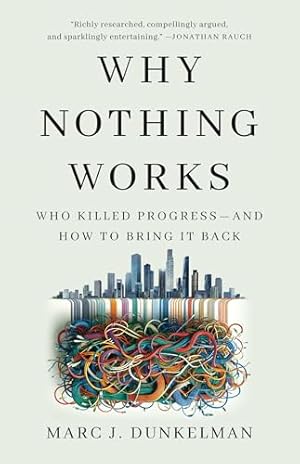 Kindle Edition$19.99$19.99
Kindle Edition$19.99$19.99
Customers who bought this item also bought
Editorial Reviews
About the Author
F. A. Hayek (1899–1992), recipient of the Presidential Medal of Freedom in 1991 and co-winner of the Nobel Prize in Economics in 1974, was a pioneer in monetary theory and a leading proponent of classical liberalism in the twentieth century. He taught at the University of Vienna, University of London, University of Chicago, and University of Freiburg.
F. A. Hayek (1899-1992), recipient of the Medal of Freedom in 1991 and co-winner of the Nobel Memorial Prize in Economics in 1974, was a pioneer in monetary theory and a leading proponent of classical liberalism in the twentieth century. He taught at the University of London, the University of Chicago, and the University of Freiburg.
Product details
- ASIN : B07J3B83WS
- Publisher : The University of Chicago Press; 1st edition (December 1, 2012)
- Publication date : December 1, 2012
- Language : English
- File size : 2.7 MB
- Text-to-Speech : Enabled
- Screen Reader : Supported
- Enhanced typesetting : Enabled
- X-Ray : Not Enabled
- Word Wise : Enabled
- Print length : 378 pages
- Best Sellers Rank: #509,015 in Kindle Store (See Top 100 in Kindle Store)
- #198 in Economic Theory (Kindle Store)
- #297 in Free Enterprise & Capitalism
- #331 in Economic Conditions (Kindle Store)
- Customer Reviews:
About the author

Friedrich August Hayek (1899–1992), recipient of the Medal of Freedom in 1991 and co-winner of the Nobel Memorial Prize in Economics in 1974, was a pioneer in monetary theory and the principal proponent of libertarianism in the twentieth century. He taught at the University of London, the University of Chicago, and the University of Freiburg. His influence on the economic policies in capitalist countries has been profound, especially during the Reagan administration in the U.S. and the Thatcher government in the U.K.
Customer reviews
- 5 star4 star3 star2 star1 star5 star62%38%0%0%0%62%
- 5 star4 star3 star2 star1 star4 star62%38%0%0%0%38%
- 5 star4 star3 star2 star1 star3 star62%38%0%0%0%0%
- 5 star4 star3 star2 star1 star2 star62%38%0%0%0%0%
- 5 star4 star3 star2 star1 star1 star62%38%0%0%0%0%
Customer Reviews, including Product Star Ratings help customers to learn more about the product and decide whether it is the right product for them.
To calculate the overall star rating and percentage breakdown by star, we don’t use a simple average. Instead, our system considers things like how recent a review is and if the reviewer bought the item on Amazon. It also analyzed reviews to verify trustworthiness.
Learn more how customers reviews work on AmazonTop reviews from the United States
There was a problem filtering reviews. Please reload the page.
- Reviewed in the United States on November 6, 1998In The Trend of Economic Thinking (Vol. 3 of the Collected Works of F.A. Hayek), the editors have collected together some of Hayek's essays and book reviews on many of the major English and Western European political economists from the early Eighteenth through the mid-Nineteenth Centuries. These essays trace much of the evolution of classical economic thought, showing that many of the ideas commonly associated with Smith and others of the classical period actually much predated them, but also highlighting the original contributions of each of the great thinkers discussed in the essays.
The book is divided into four parts. The first, "The Economist and His Dismal Task," presents some of Hayek's views on the the nature of the study of economics and in the social sciences generally. The second, "The Origins of Political Economy in Britain," presents essays on Francis Bacon, Dr. Bernard Mandeville, David Hume (who Hayek greatly admired), and Adam Smith. The third section, "English Monetary Policy and the Bullion Debate," consists of four previously unpublished chapters of a book Hayek started to write but never completed, plus essays on Richard Cantillon and Henry Thornton. The last section of the book, "Currents of Thought in the Ninteenth Century," comprises three short essays on Frederic Bastiat, Jules Dupuit, and Hermann Gossen, respectively.
This book does not cover the Austrian School (that comes in Volume 4 of the Collected Works), but it is a must read for any student who wants to study the great classical writers in political economy or F.A. Hayek's views of them.












